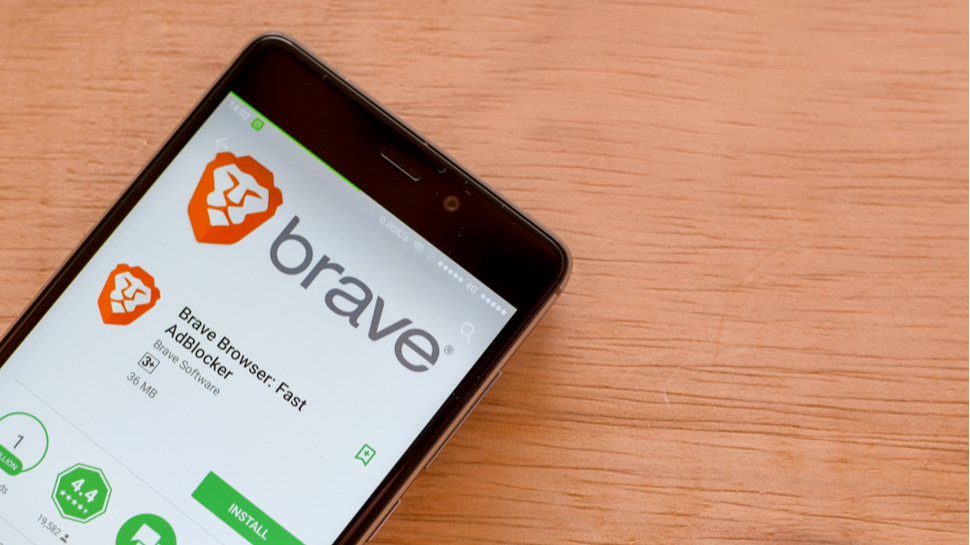Brave browser craftily redirected users to affiliate URLs
Web browser accused of violating Brave users’ trust

Privacy-focused web browser Brave has been directing users to cryptocurrency websites via affiliate links, from which the company profits.
Built upon the notion that advertisements should be optional and web browsing private, Brave stands accused of violating the trust of its users, who were not actively notified of the practice.
As discovered by Twitter member @cryptonator1337, when a user enters the URL for popular cryptocurrency exchange Binance, the browser directs the individual to the relevant page via an auto-completed affiliate link. Should the user then make a purchase via the website, Brave would then receive a sum for the referral.
- Google Incognito mode is not as private as you might like to think
- Opera browser adds built-in VPN
- Chrome will soon block risky downloads
Further digging by other Twitter users revealed that the practice is consistent across a number of high-profile cryptocurrency websites, including Coinbase, Ledger and Trezor.
Brave browser
In response to outrage expressed by members of the cryptocurrency community on Twitter, Brave CEO Brendan Eich issued a public apology: “We made a mistake...we will never revise typed in domains again, I promise.”
His justification for the approach was that the company is “trying to build a viable business”, which is currently built upon serving its users optional advertisements that pay out cryptocurrency rewards.
Affiliate revenue generated via these auto-completed links was designed to supplement the company’s existing income streams. “We are not depending for our survival on any affiliate revenue share, [but] our users want Brave to live,” he said.
Are you a pro? Subscribe to our newsletter
Sign up to the TechRadar Pro newsletter to get all the top news, opinion, features and guidance your business needs to succeed!
Eich also claimed the practice did not reveal any user data to the affiliate partners - in line with the stated objectives of the Brave browser - and pointed out that the company made no attempt to actively conceal the system.
“‘Sneak’ & ‘covertly’ are wrong, given we develop with all browser code open source on github (sic), and users who type binance dot us can see the default autocomplete add the affiliate code,” said the Brave CEO.
While Eich’s extensive Twitter thread offers some explanation of the thinking behind the affiliate linking practice, some users will still be left sore by the discovery, which could be said to undermine the spirit of transparency on which the project is founded.
- Here's our list of the best VPN services on the market
Via Decrypt

Joel Khalili is the News and Features Editor at TechRadar Pro, covering cybersecurity, data privacy, cloud, AI, blockchain, internet infrastructure, 5G, data storage and computing. He's responsible for curating our news content, as well as commissioning and producing features on the technologies that are transforming the way the world does business.